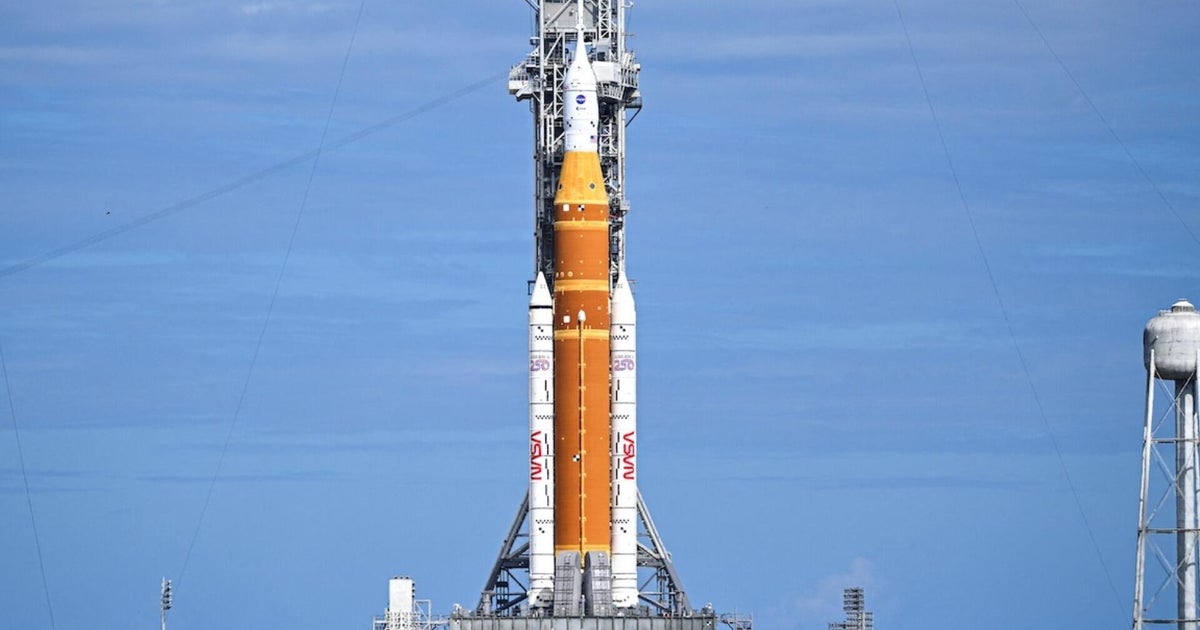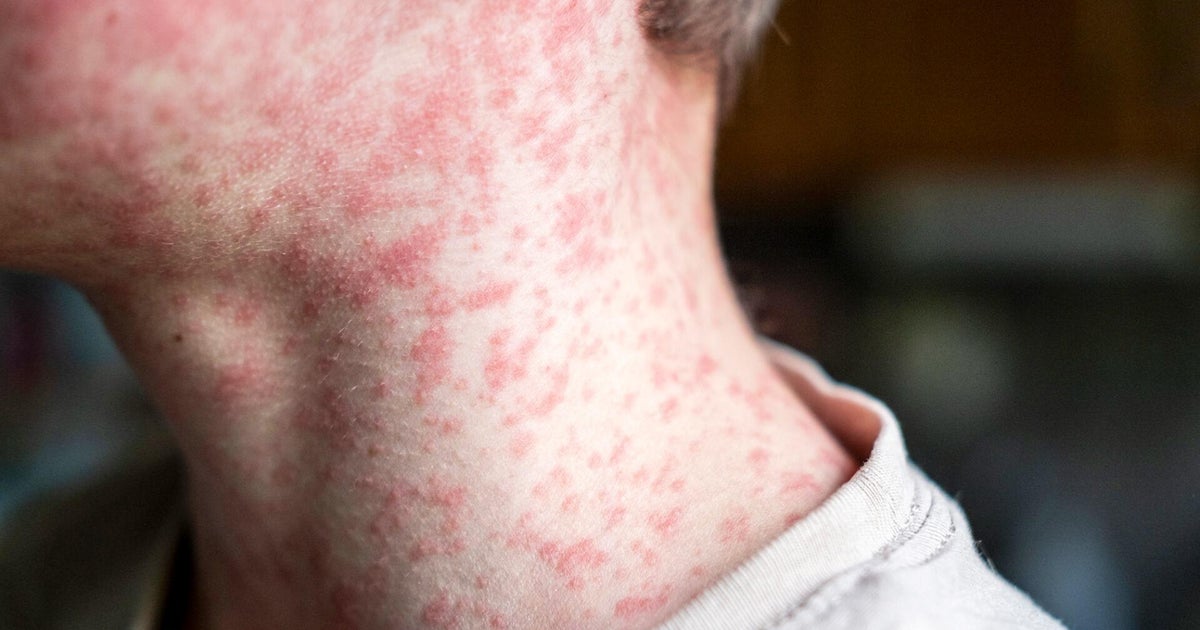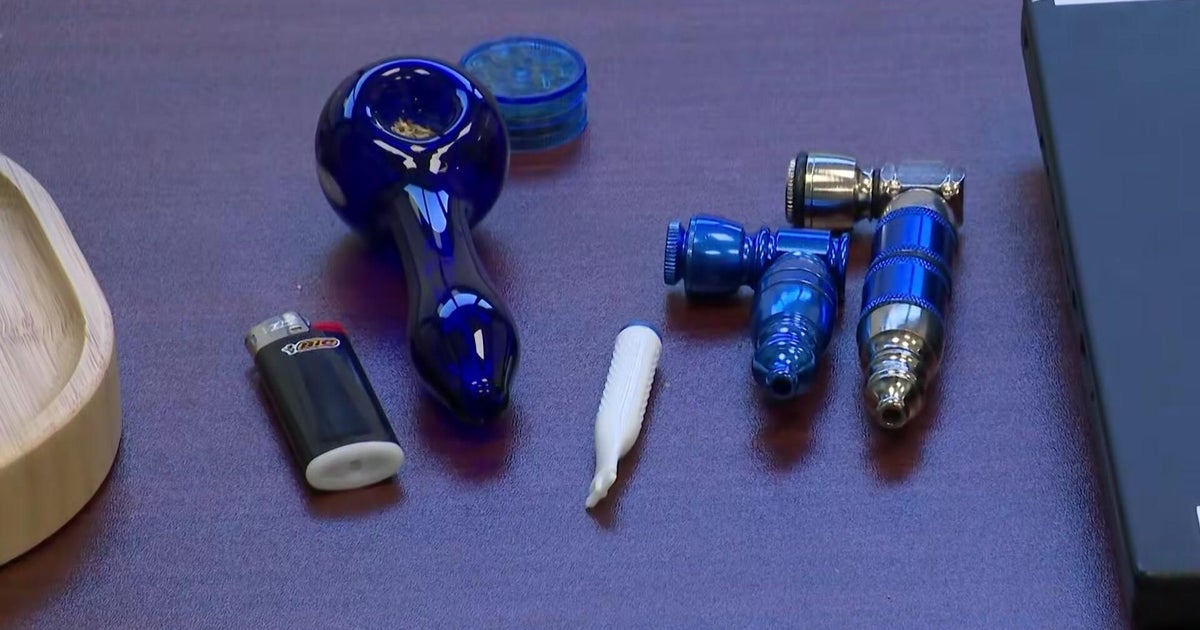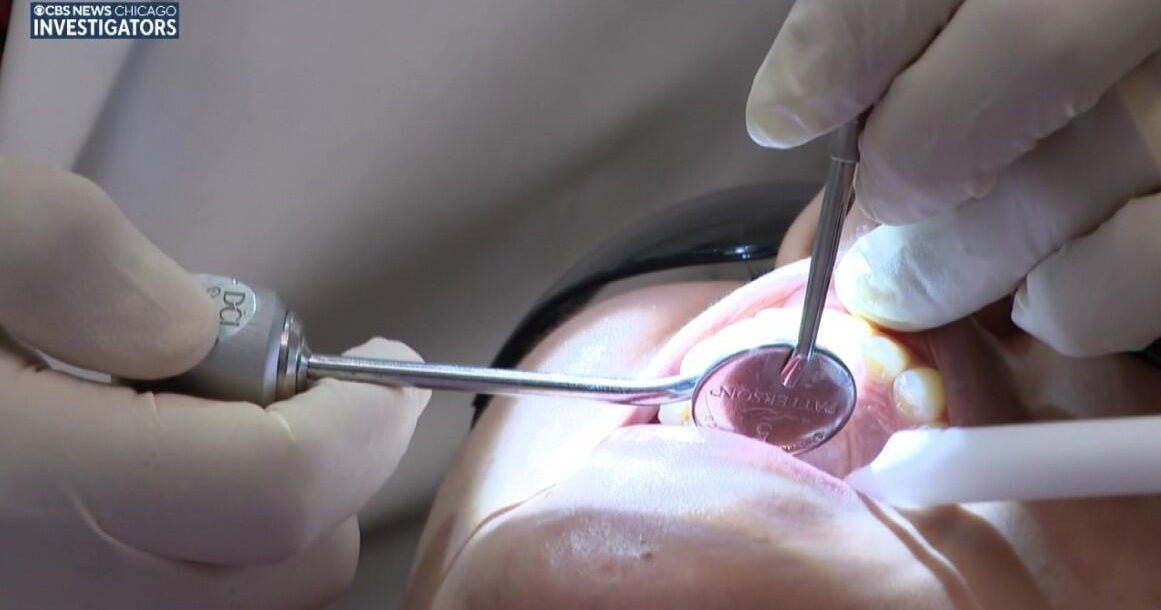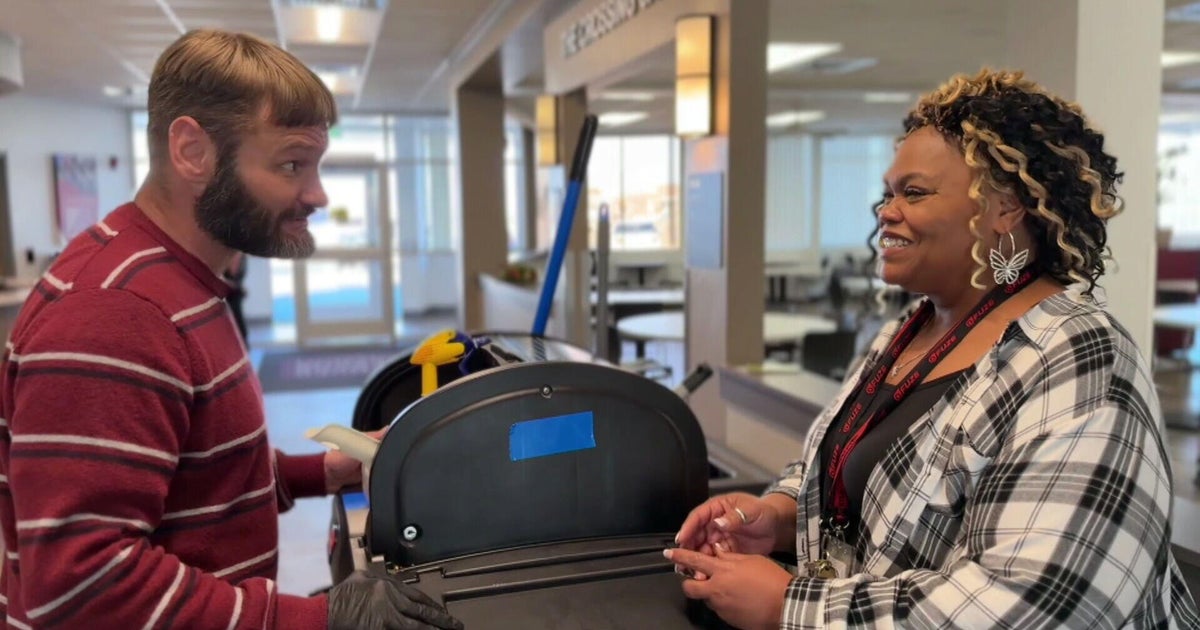Nuclear Meltdown: What Are The Risks?
SOUTHFIELD (WWJ) - A top Japanese official said the fuel rods in all three of the most earthquake-damaged nuclear reactors in Japan appear to be melting. At one plant, the rods are completely exposed, which increases the risk of a meltdown.
Here in the United States, there 104 nuclear power reactors, and operators are seeking permission to build at least 20 more. The issue of U.S. nuclear safety has come into focus following the Japan quake.
WWJ Newsradio 950 spoke live with Dr. Michael Kraut from the Providence Cancer Institute who says the health risks of exposure to nuclear radiation can be dramatic and long-term.
LISTEN:
Podcast
"One is the people who get high-dose exposure right at the site, those people are at risk for having their bone marrow wiped out by killing all of their marrow stem cells," he said.
Dr. Kraut says radioactive iodine may already be in the atmosphere near the plants.
"Radioactive iodine is dangerous because, if it gets in the food supply, it can be taken up by the body and it gets concentrated in your thyroid gland. Low doses of radioactivity, over time, can cause you to get thyroid cancer, and that's one of the main risks of widespread radioactive fallout," Kraut said.
Get more on the disaster in Japan from CBS News.
